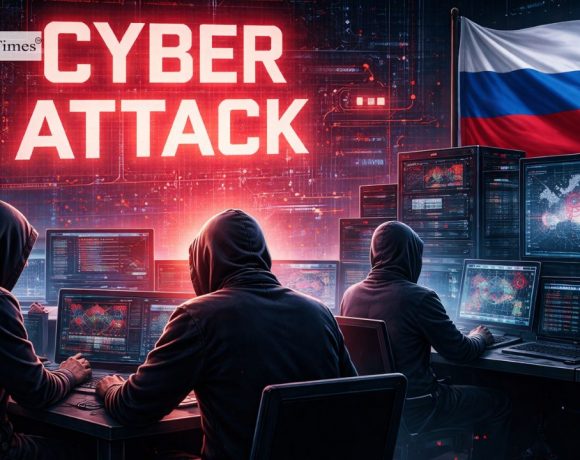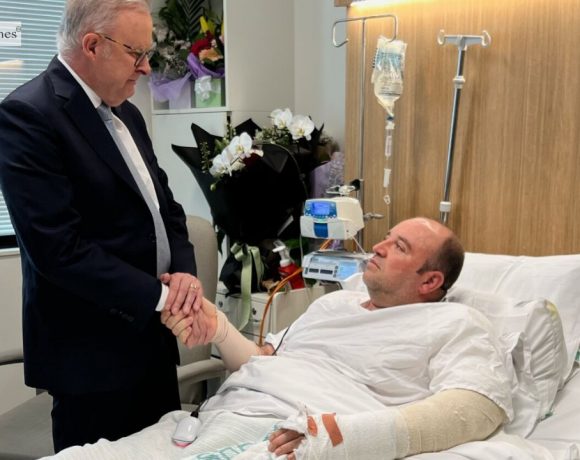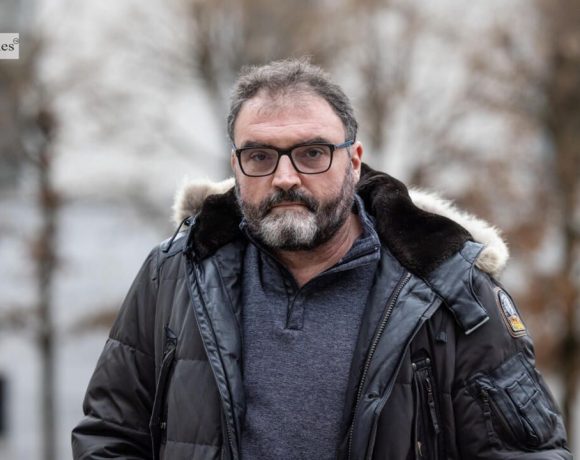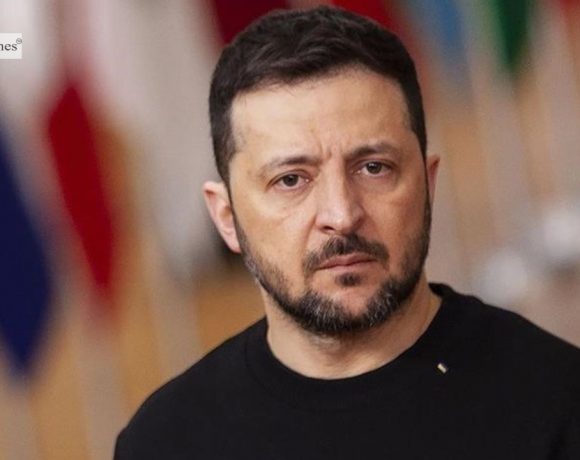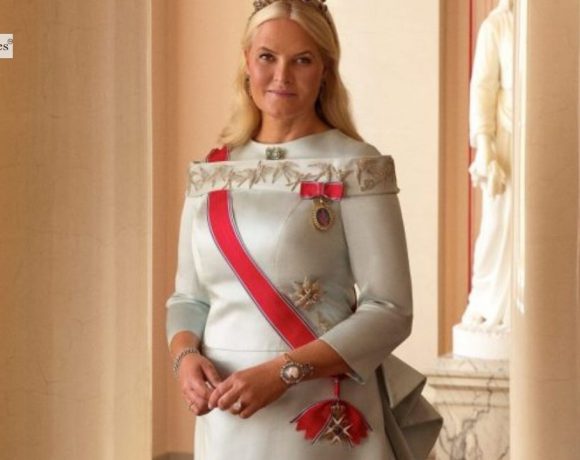
Norway’s Crown Princess Mette-Marit is likely to require a lung transplant after her health deteriorated significantly in recent months, the royal household has announced. The 52-year-old princess was diagnosed with pulmonary fibrosis in 2018, a progressive lung disease that causes scarring and restricts breathing. Medical tests carried out this autumn showed a clear worsening of her condition, prompting doctors to begin preparations for a possible transplant evaluation.
Although no final decision has been taken on placing her on the transplant waiting list, doctors at Oslo University Hospital said the process towards assessing her eligibility has begun. In Norway, lung transplants are limited, with typically 20 to 40 patients waiting at any given time, and the palace stressed that Princess Mette-Marit would not receive preferential treatment. Her healthcare team is making necessary preparations to ensure a transplant can be carried out if and when required.
The palace said the princess now needs more rest and a carefully managed exercise routine, but she remains keen to continue her royal duties, which will be adjusted to suit her health. Her husband, Crown Prince Haakon, said she struggles more with breathing and has less energy, making activities such as hiking and skiing impossible. Despite the risks involved, the princess acknowledged that a transplant may become necessary as pulmonary fibrosis is a serious disease that can worsen rapidly.
Pic courtesy: google/ images are subject to copyright




